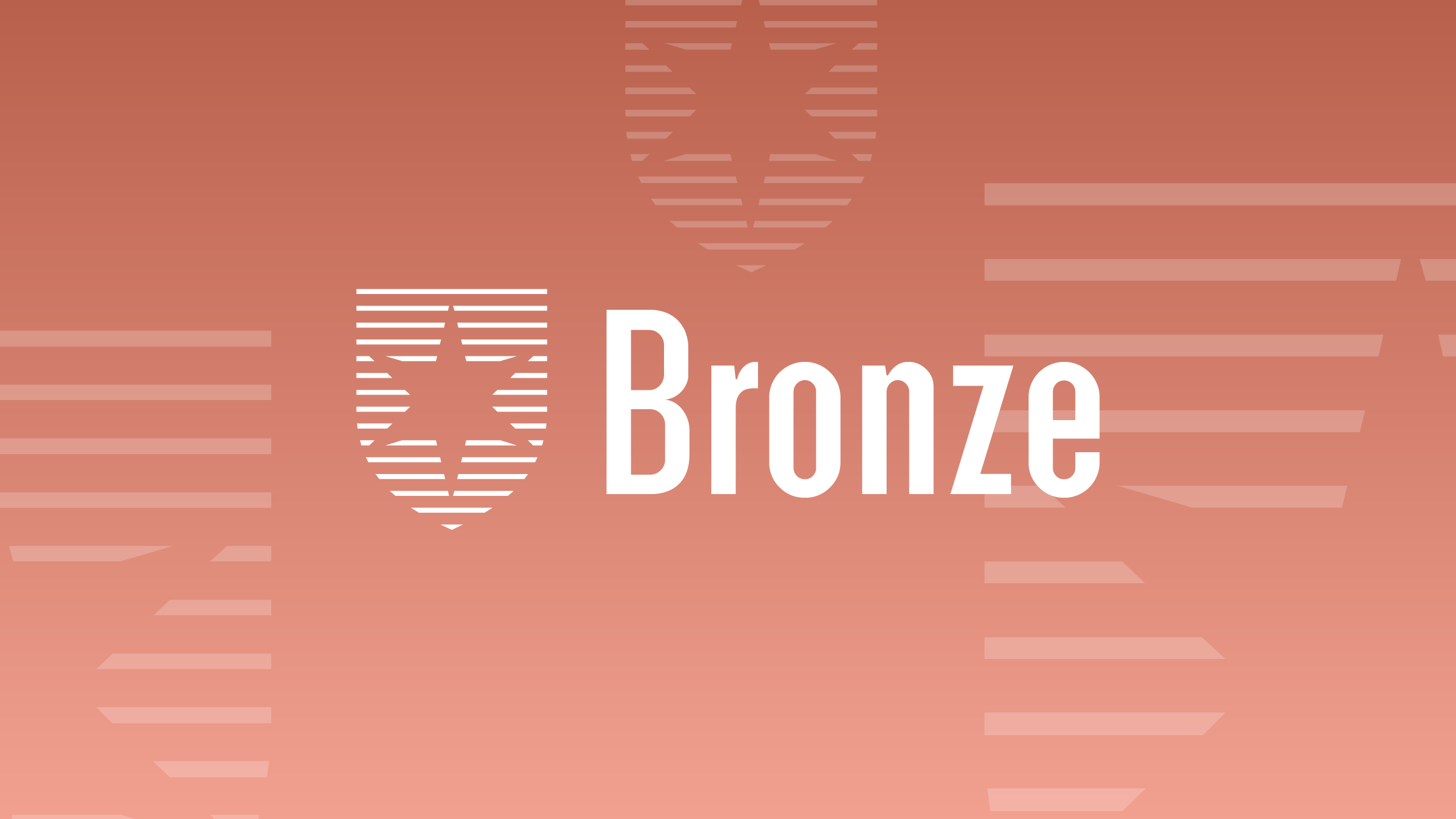Glenn Fortin, vice-president and U.S. equity specialist at Beutel Goodman & Co. Ltd., says the U.S. equity market is finally responding to companies with high-quality business models and overall solid fundamentals.
"These stocks were out of favour last year, as investors chased growth and momentum plays," says Fortin. "Faced with the bumpy start to the U.S. equity market this year, investors have favoured those companies with strong long-term fundamentals, which fits our discipline at Beutel Goodman."
In 2015, there was, he says, a lot of emphasis among investors on the so-called FANGs, the acronym for ![]() Facebook Inc. (FB),
Facebook Inc. (FB), ![]() Amazon.com Inc. (AMZN),
Amazon.com Inc. (AMZN), ![]() Netflix Inc. (NFLX) and
Netflix Inc. (NFLX) and ![]() Alphabet Inc. (GOOG/GOOGL). These four stocks did well last year, says Fortin. But this year, they have gone their separate ways, he says. "Only Facebook and Amazon have produced a good showing so far in 2016."
Alphabet Inc. (GOOG/GOOGL). These four stocks did well last year, says Fortin. But this year, they have gone their separate ways, he says. "Only Facebook and Amazon have produced a good showing so far in 2016."
Overall, says Fortin, the U.S. equity market produced a lacklustre performance in the first five months of this year. The S&P 500 Index generated a total return of 3.6% from the beginning of 2016 to the end of May and 1.7% for the 12 months ended May 31. This compares with the three-year annualized total return for the benchmark of 11.1% and 11.7% for the five years, both to the end of May.
In perspective, says Fortin, the S&P500 Index's 12-month performance to the end of May 2016 is being gauged from a high vantage point. "The U.S. equity market established new highs around this time last year."
Fortin cautions that the modest strength in the U.S. equity market since the beginning of 2016 has been driven largely by multiple expansion rather than by earnings growth. The latter continues to be fairly anemic, he says, against the backdrop of ongoing sluggish global economic growth. "There is a lot of hope that has been built into the U.S. equity market."
On the market's current valuation, Fortin points out that the S&P 500 Index trades at a price/earnings multiple of around 18 times trailing earnings per share and 2.6 times on a price-to-book-value basis. "This is certainly no bargain, but there are pockets of value in the U.S. market, such as in a segment of the technology sector."
Another headwind for the U.S. equity market this year, Fortin says, is that a number of high-profile takeover deals involving both U.S. and foreign companies have been thwarted by regulatory hurdles both in the United States and globally. "Mergers and acquisitions activity is an important way of boosting the value of those stocks that are undervalued by the equity market versus corporate buyers."
Essentially a bottom-up stock selector, Beutel Goodman uses strict value criteria in making its equity investments. The U.S. equity team targets companies that have powerful franchises and where there are high barriers to entry in the industries in which they operate.
 |
|
 |
|
| Glenn Fortin | |
 |
|
 |
|
 |
Strong cash-flow generation is an important consideration. The team will buy the stock when the public market value is below what it considers to be the fair value of the business. "We will establish a position in a stock where we consider that it can generate a 50% total return over a three-year-period," says Fortin.
Fortin and colleague Rui Cardoso co-manage portfolios of large- and mid-cap U.S. equities totalling US$2.6 billion, including the U.S. equity portion of balanced funds. Included in their mandate is Beutel Goodman American Equity, which has assets of $875 million. The U.S. equity portfolio has 25 names and the top-10 holdings account for more than half of the portfolio. This portfolio is benchmarked against the S&P 500 Index.
Fortin reports that he and Cardoso have been finding value in selected companies in the U.S. information-technology sector. This represents 21.2% of Beutel Goodman American Equity and 20.4% of the benchmark.
A new tech name in the portfolio is Cadence Design Systems Inc. (CDNS). This provider of electronic-design-automation software and engineering services "represented an under-appreciated gem." Cadence is one of two leading global players in electronic-design automation or EDA, says Fortin. "This software is used by semiconductor manufacturers, and there are high costs to customers for switching providers."
Furthermore, he says Cadence is a subscription-based business model, which provides a high level of visibility for its revenue outlook. "In all, there are high barriers to entry in Cadence's business, and the company is a strong cash-flow generator." The company has been returning money to shareholders, he adds. "Cadence will be buying back shares equal to some 20% of its market float over the next 12 months."
The U.S. equity team has been adding to the portfolio's holding in Teradyne, Inc. (TER), a leading global provider of automatic testing systems used in semiconductor manufacturing. "It is a duopoly and Teradyne has a 50%-plus share of the global market."
As with Cadence, "there are high barriers to entry in Teradyne's business and high costs to the customer for switching." Among Teradyne's other strengths is its strong balance sheet, with cash representing some 20% of its market capitalization, says Fortin. The company is returning cash to shareholders, he says. It initiated a dividend in 2014 and a share-repurchase program in 2015. "Cadence and Teradyne are seen by investors to be part of the broader semiconductor industry, and negative news flows related to this industry provide good buying opportunities for these two stocks."
| Cadence Design Systems Inc. | Teradyne, Inc. | |
 |
||
| June 20 close | $24.48 | $19.51 |
 |
||
| 52-week high/low | $25.49-$18.13 | $21.84-$16.06 |
 |
||
| Market cap | $7.4 billion | $4.0 billion |
 |
||
| Total % return 1Y* | 22.0 | -4.9 |
 |
||
| Total % return 3Y* | 19.4 | 5.6 |
 |
||
| Total % return 5Y* | 19.6 | 8.1 |
 |
||
 |
||
| *As of June 20, 2016. All figures in U.S. dollars Source: Morningstar |
||
Financials represent 21.4% of Beutel Goodman American Equity, compared with 16% in the benchmark. Two significant holdings in this sector are ![]() American Express Co. (AXP) and
American Express Co. (AXP) and ![]() JPMorgan Chase & Co. (JPM). The Beutel Goodman U.S. equity team initiated a position in American Express last year. "This company is one of the three big global credit-card issuers." Its target market, says Fortin, is the high-end consumer. American Express cardholders tend to spend twice as much on their cards as do Visa and MasterCard holders, he notes.
JPMorgan Chase & Co. (JPM). The Beutel Goodman U.S. equity team initiated a position in American Express last year. "This company is one of the three big global credit-card issuers." Its target market, says Fortin, is the high-end consumer. American Express cardholders tend to spend twice as much on their cards as do Visa and MasterCard holders, he notes.
"American Express is a high-quality franchise that was on our wish list for some time," says Fortin, "but the valuation was a deterrent." The opportunity to invest in the stock presented itself last year. The stock pulled back after it was announced in February of last year that ![]() Costco Wholesale Corp. (COST) would end its long-standing arrangement with American Express.
Costco Wholesale Corp. (COST) would end its long-standing arrangement with American Express.
"It was a classic value opportunity; our investment in American Express speaks to our rigorous process and our patience," says Fortin. "Since establishing our position, we have added to the holding opportunistically." The stock trades at around 12 times trailing earnings per share and has a dividend yield of 1.8%.
JPMorgan continues to be the largest financial holding in Beutel Goodman American Equity. "It is a high-quality, diversified financial institution and a global leader in many of its different businesses." The stock, he says, trades at close to the company's book value per share and about 12 times trailing earnings per share. It carries a dividend yield of 3%.
The industrial sector constitutes 19.2% of Beutel Goodman American Equity (versus 10.1% in the S&P 500 Index). "Here the focus is on those companies that have a large element of recurring revenue," says Fortin. Examples in the portfolio include ![]() Parker-Hannifin Corp. (PH), a diversified manufacturer of motion-control technologies and systems. This stock, a new addition to the portfolio last year, is a top-10 holding.
Parker-Hannifin Corp. (PH), a diversified manufacturer of motion-control technologies and systems. This stock, a new addition to the portfolio last year, is a top-10 holding.
Also among the portfolio's top-10 weightings is ![]() Ingersoll-Rand PLC (IR), a diversified industrial company. Fortin notes that at the end of 2013, Ingersoll-Rand spun out Allegion PLC (ALLE), "a global leader in mechanic and electronic-security products" on the basis of one Allegion ordinary share for every three Ingersoll-Rand shares held. Beutel Goodman kept both stocks. Fortin reports that Allegion's stock recently reached the U.S. equity team's target price and "in keeping with our value discipline, we sold one-third of our holding."
Ingersoll-Rand PLC (IR), a diversified industrial company. Fortin notes that at the end of 2013, Ingersoll-Rand spun out Allegion PLC (ALLE), "a global leader in mechanic and electronic-security products" on the basis of one Allegion ordinary share for every three Ingersoll-Rand shares held. Beutel Goodman kept both stocks. Fortin reports that Allegion's stock recently reached the U.S. equity team's target price and "in keeping with our value discipline, we sold one-third of our holding."




















